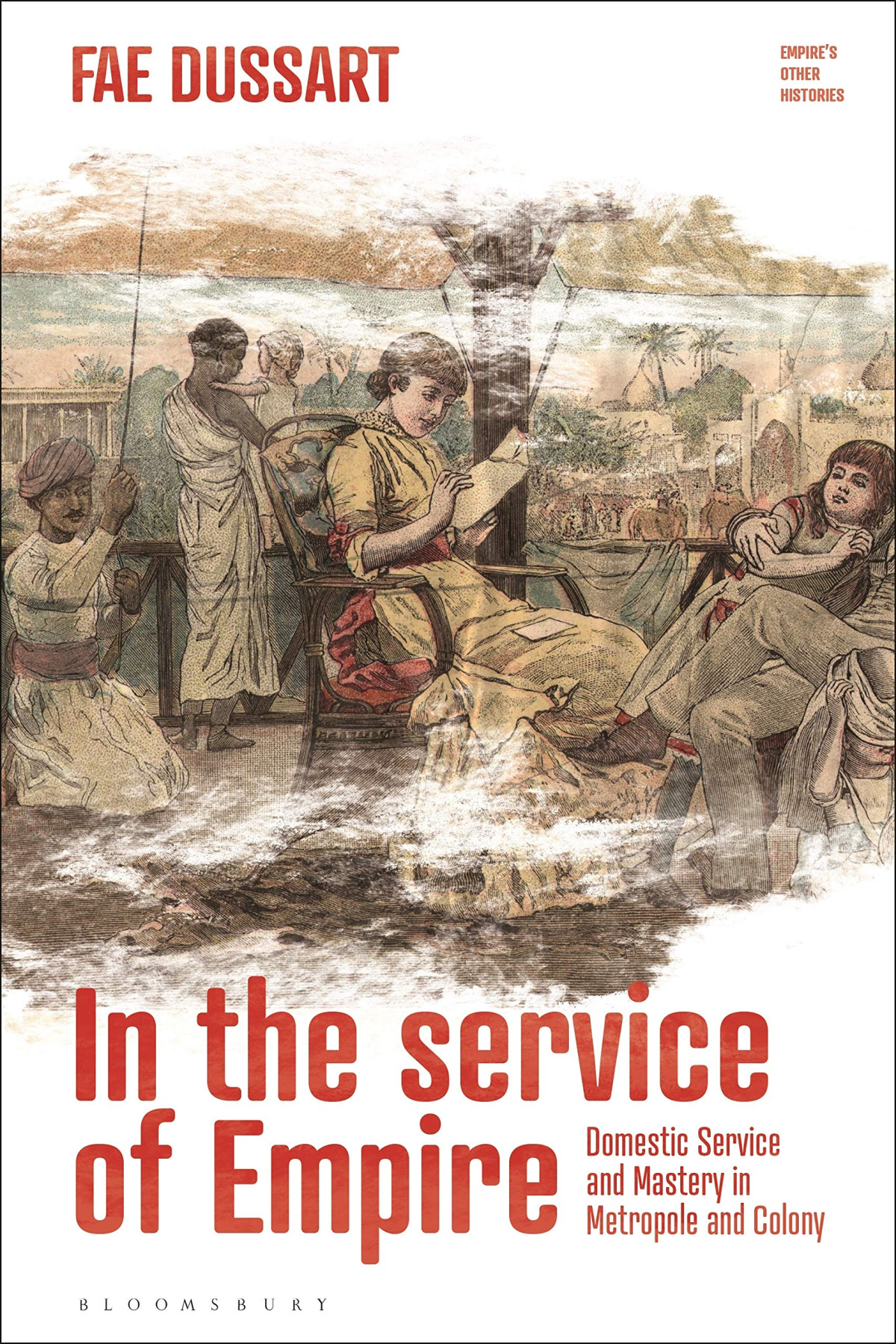

Most ebook files are in PDF format, so you can easily read them using various software such as Foxit Reader or directly on the Google Chrome browser.
Some ebook files are released by publishers in other formats such as .awz, .mobi, .epub, .fb2, etc. You may need to install specific software to read these formats on mobile/PC, such as Calibre.
Please read the tutorial at this link: https://ebookbell.com/faq
We offer FREE conversion to the popular formats you request; however, this may take some time. Therefore, right after payment, please email us, and we will try to provide the service as quickly as possible.
For some exceptional file formats or broken links (if any), please refrain from opening any disputes. Instead, email us first, and we will try to assist within a maximum of 6 hours.
EbookBell Team

4.7
86 reviewsDespite recent research, the 19th-century history of domestic service in empire and its wider implications is underexplored. This book sheds new light on servants and their masters in the British Empire, and in doing so offers new discourses on the colonial home, imperial society identities and colonial culture. Using a wide range of source material, from private papers to newspaper articles, official papers and court records, Dussart explores the strategic nature of the relationship, the connection between imperialism, domesticity and a master/servant paradigm that was deployed in different ways by varied actors often neglected in the historical record.
Positioned outside the family but inside the private place of the home, 'the domestic servant' was often the foil against which 19th-century contemporaries worked out class, race and gender identities across metropole and colony, creating those places in the process. The role of domestic servants in empire thus lay not only in the labour they undertook, but also in the way the servant-master relationship constituted ground that helped other power relations to be imagined and contested.
Dussart explores the domestic service relationship in 19th-century Britain and India, considering how ideas about servants and their masters and/or mistresses spanned imperial space, and shaped peoples and places within it.